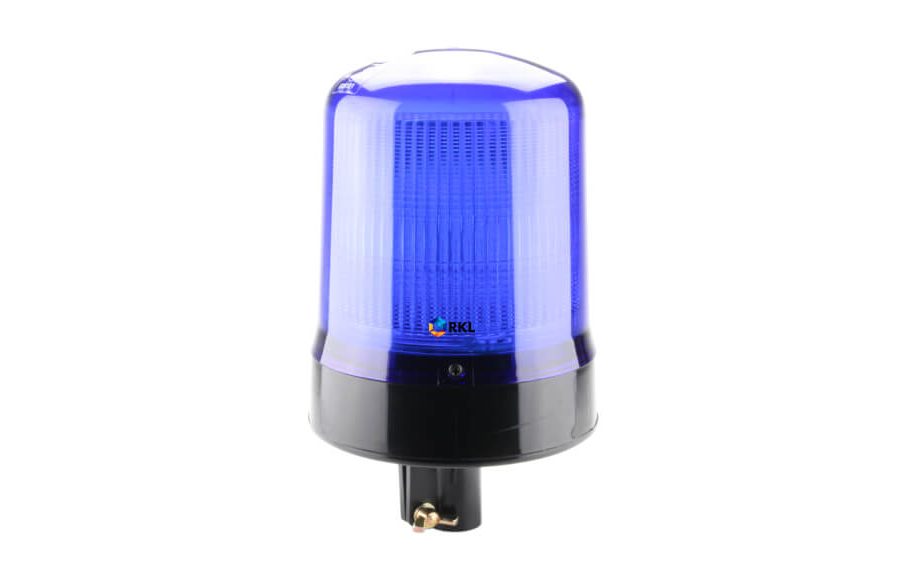Blue Light in the Digital Age: Understanding the Latest Health Impacts and Prevention Strategies

The Growing Concern Over Blue Light Exposure
Recent research has established that artificial light at night (ALAN), particularly blue light wavelengths, can disrupt circadian rhythms and cause sleep disturbances. This concern has grown as more people spend significant time looking at digital screens such as smartphones, tablets, and laptops.
Latest Scientific Findings
While light is essential for human health and well-being, our increasing time spent indoors has led to greater exposure to artificial light. Modern technology has given us unprecedented control over the brightness, colour, and timing of our light exposure.
Studies have shown that blue light’s short wavelength can cause visual fatigue and nearsightedness when exposed for long periods. These effects can lead to symptoms such as double vision and difficulty concentrating, potentially impacting people’s work and learning efficiency.
Health Implications
Research indicates that while blue wavelengths can enhance attention and reaction times during daylight hours, they become problematic at night and are associated with various health issues, including poor sleep quality and mental health concerns.
Excessive blue light exposure, particularly at night during peak melatonin production, can affect hormonal secretion and sleep quality. This can lead to increased corticosteroid production, which reduces tear secretion and may cause dry eye symptoms. Extended periods with eyes open due to sleep disorders can further exacerbate these issues.
Prevention and Recommendations
Experts emphasize that not all blue light is harmful – some exposure can help control dark room adaptation, slow eye axis growth, prevent myopia development, and regulate circadian rhythms. While normal digital displays present minimal short-term risks, precautions are necessary for long-term exposure. It’s recommended to minimize electronic device use at night to avoid disrupting melatonin secretion and ensure proper sleep patterns.
Key recommendations include avoiding bright screens two to three hours before bedtime, considering blue-blocking glasses or installing apps that filter blue/green wavelengths at night, and ensuring exposure to plenty of bright light during the day to maintain proper sleep patterns and boost mood and alertness.








